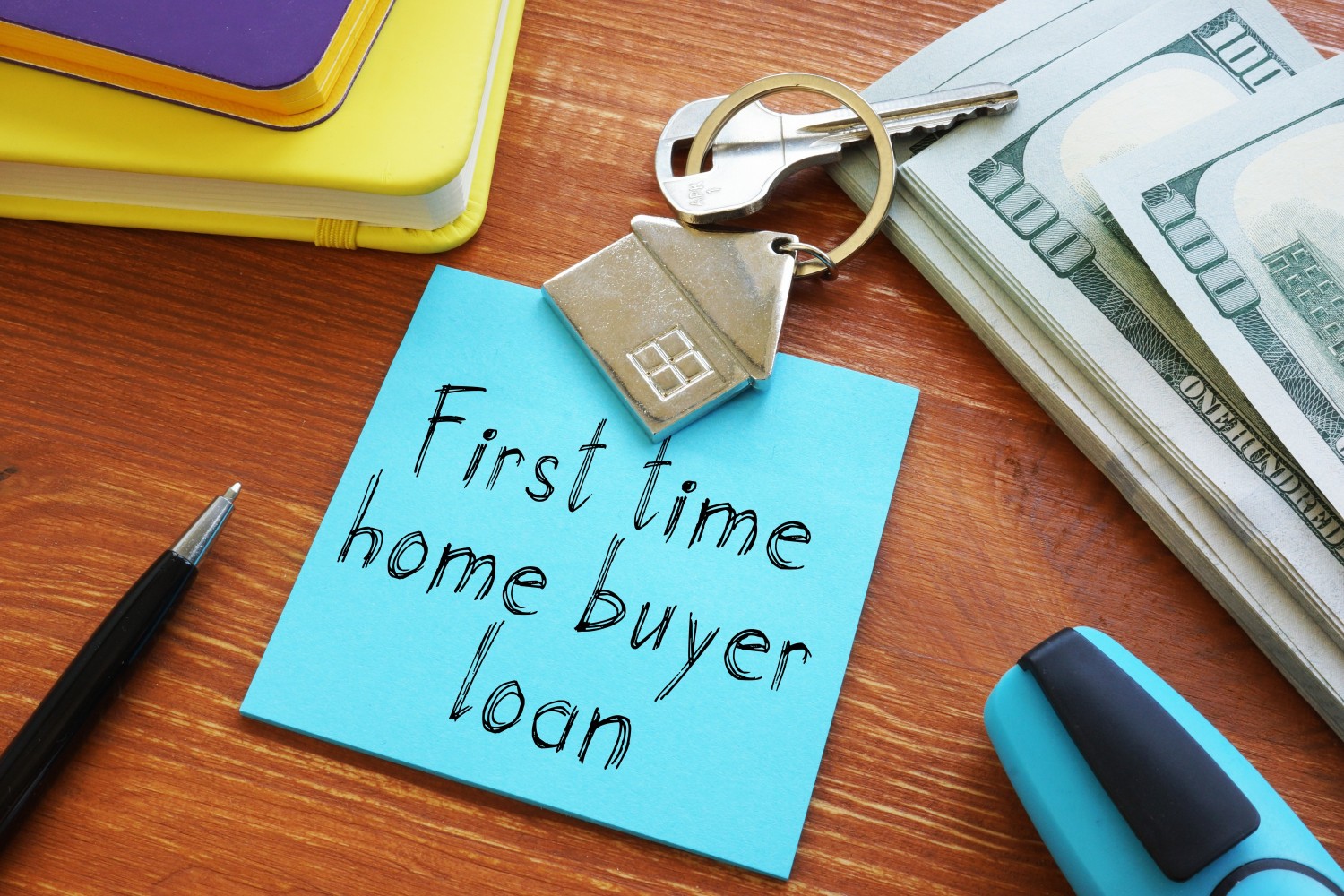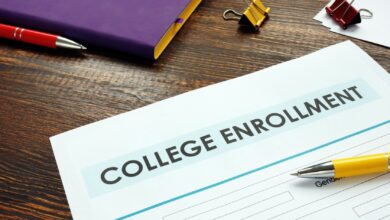Owning your own home is one of the cornerstones of the American dream. There is something incredibly satisfying about knowing that you own the roof over your head and the property that you call home. However, buying your first home isn’t as simple as simply finding a property that you like, putting in an offer and moving in. There is a lot of preparation that goes into taking the leap into home ownership. If you’re considering buying your first home, keep some of these helpful home buying tips in mind.
If you’re planning on buying a home, you’ll need to have some cash on hand for your first home purchase. No, this doesn’t mean that you’ll be paying cash for your first home, but you need to have money on hand in order to even get a mortgage. You can find plenty of down payment calculators online that can give you a good idea of where to start, but you should plan on having a few thousand dollars on hand before you even apply for your first mortgage. If you have great credit, you may be able to get a loan for as little as 3% down, but depending on the price of the home, that can still be costly.
You will also need to be prepared to pay at least a portion of the closing costs associated with your first home purchase. Closing costs typically land somewhere between 2% and 5% of the loan amount, so you’ll need to have that money ready to go as well.
Finally, you’ll want to have some extra money on hand to make updates to the home that you buy. You may want to repaint some rooms, buy some new furniture and make other updates to the house. While this doesn’t have to be part of your savings plan, it’s certainly not a bad idea. At minimum, you’ll want to have a few thousand dollars tucked back to cover your down payment and closing costs.
Check Your Credit
Your credit score will have a direct impact on the amount of money that you can borrow and the percentage that you’ll have to provide as a down payment. There are plenty of apps that you can use to check your credit score, or you can talk to a mortgage officer to find out what your credit score is. Depending on the score, you may need to spend some time improving it. Make sure that you’re paying all of your bills on time and try to pay off any existing debt that you have.
Many people think that paying off and closing out any credit card accounts is a good way to improve their credit. That’s only partly true. Paying off your credit cards will improve your credit score but cancelling your credit cards will have a negative effect on your credit score. Pay them off but leave them open with a zero balance.
Figure Out a Budget
Talk to a lending professional to get an idea of how much of a mortgage you will be approved for. Mortgage officers can look at your income and your credit score and give you a pre-approval letter that lets you know how much money you can borrow for your first home purchase. That number will give you a starting point for your budget.
It’s important that you realize that you shouldn’t spend the full amount that you’re pre-approved for. The mortgage pre-approval that your lender gives you only accounts for a monthly mortgage payment. It does not take other expenditures into account such as homeowners’ insurance, HOA fees, utilities and other expenditures associated with home ownership.
For instance, if you’re approved for a $150,000 mortgage, you should probably try to find a house that costs less than $150,000. That decrease in your monthly payment can ensure that you have enough money to pay all the other monthly bills associated with your home. Budgeting for home ownership is about more than being able to make your mortgage payment. You need to ensure that you can afford everything else involved.
Consider Different Mortgage Options
Shopping around for the best mortgage is one of the most important steps of buying your first home. Not only do different lenders have different requirements, but they may also have different interest rates. Remember, every dollar that you don’t have to use as a down payment or as a way to pay interest on your loan is another dollar in your pocket. Every dollar matters.
There are different types of mortgages to consider. FHA loans, VA loans, traditional mortgages and all the other types of home loans have their own list of pros and cons. While a mortgage officer can help educate you to a certain degree on them, don’t be afraid to do your own research. Going into the mortgage process as educated as possible puts you in a position to have much more control over the process. Don’t put yourself at the mercy of the lending institution or the person who you’re buying the home from. An educated home buyer is a successful home buyer, and you want to win this transaction.
Make a List of What You Want
Before you start looking for a house online or in person, make a list of what really matters to you, and rank the items on your list by importance. Are you determined to be in a great school district? Does that matter more to you than having a large yard? Do you want to have an attached garage? Does the presence of a garage mean more to you than having a finished basement?
Having a list of priorities allows you to find exactly what you’re looking for in a house. Mark the items that you absolutely refuse to waiver on as the most important and build your list from there. The things you demand in your first home are completely up to you, and there are no wrong answers. This is the biggest purchase of your life and the things that matter the most to you are completely your decision.
Find a Real Estate Agent
While you can open up any of the home buying apps and look at homes that appeal to you, you should work with a real estate agent when making your first home purchase. One of the best parts about having an agent represent you is that it probably won’t cost you anything. Real estate agents who represent buyers are paid through a commission split with the sellers’ agent. That means that your representation in the transaction costs you nothing!
Ask any friends and relatives in your area who have gone through real estate transactions about the agent that they worked with. If they had a good experience, contact that agent. If they had a terrible experience, mark that agent off your list. Spend some time talking to different real estate agents and find out how they handle buyer representation.
The agent that you choose will do more than simply set up appointments for you to look at homes that you’re interested in. He or she will be a great source of information and advice and will negotiate on your behalf when you’re finally ready to make an offer on your first home.
Buying your first home is a big deal. In fact, it’s one of the most life changing times that you will ever experience. Depending on your future plans, the home that you buy may be where you spend the rest of your life. It could also be a transitional space that you’ll sell a few years down the road. Whatever ends up happening with you and your first home, it’s important that you go into the process fully prepared for everything that’s included. Having all of your money and information together so you can navigate the process of buying your first home will help ensure that you’re as prepared as possible to pursue your dream of home ownership.






